Last year, we wrote why crude oil above US$100 will never happen again – forever! One of the reasons was China. The Chinese provide the world’s largest market for new cars. Naturally, China has some of the world’s worst air pollution. Nope, the Chinese will not be choked or poisoned to death due to pollution. They actually have the solution – clean energy.
As OPEC and Saudi were fighting a losing battle against the U.S. shale producers, the Arabs have forgotten about the Chinese demands. China has a 10-year plan on the emissions standards, a standard so strict that by 2026, Honda will be selling only all-hybrid cars in the Middle Kingdom. China had already forced Toyota to build battery-electric cars.

Therefore, OPEC was clearly clueless when the oil cartel self-proclaimed that by 2040, the overall global demand for crude oil would be around 110-million barrels a day. Perhaps the Arabs didn’t get the memo from automakers. Honda’s chief technology strategy officer Keiji Ohtsu predicted that by 2025, Honda wouldn’t be selling conventional internal-combustion engines in China.
OPEC can predict whatever global demand they like, because by 2020 Honda expects hybrids to account for 20% of global sales (and 80% sales in Japan). But why talks about foreign automakers, who might or might not deliver their promises? In a latest move, Chinese-owned Volvo has sent a message that the country is moving away from petrol-sucking engines, whether the world likes it or not.
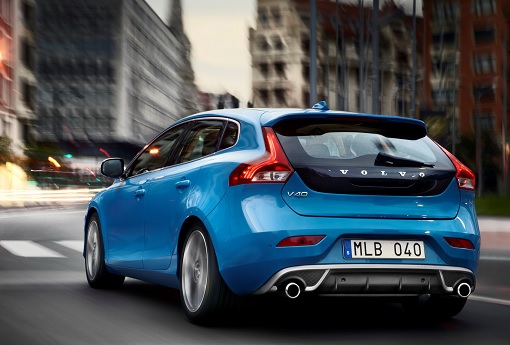
Volvo Cars, the Swedish iconic carmaker acquired by Chinese automotive giant Geely in 2010, has just announced that all cars sold by Volvo will be fully electric or hybrids from 2019 onwards. However, the Gothenburg-based company will continue to produce pure combustion-engine Volvos from models launched before that date (2019).
Fully electric cars means the vehicles use only electricity and must be plugged in to charge. On the other hand, hybrid cars are fuelled with gasoline only. They recapture some energy during braking and store it as electricity which can help power the car. These hybrids cannot be plugged in and charged, but they can be very fuel efficient.
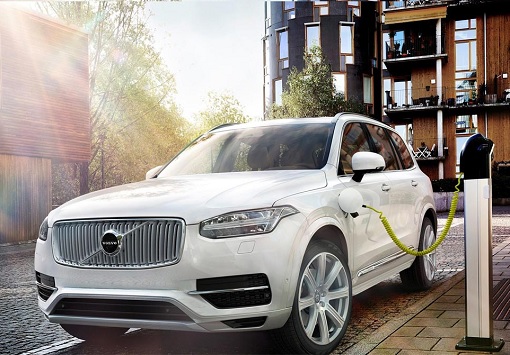
Between 2019 and 2021, Volvo will launch five 100% electric car models, and ensure the rest of its conventional petrol and diesel range offers a hybrid engine of some form. The announcement means Volvo is the first giant manufacturer that says it will stop making vehicles solely powered by internal combustion engine.
Håkan Samuelsson, Volvo chief executive, said – “This announcement marks the end of the solely combustion engine-powered car. Volvo Cars has stated that it plans to have sold a total of 1-million electrified cars by 2025. When we said it we meant it. This is how we are going to do it. This means that there will in future be no Volvo cars without an electric motor.”
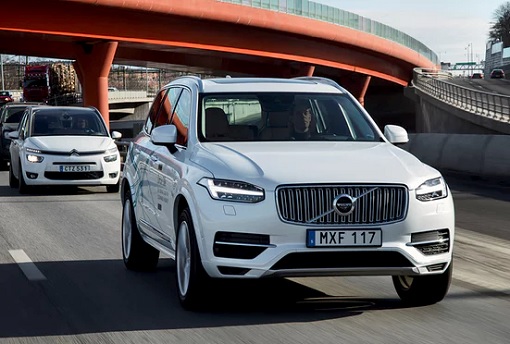
Interestingly, Volvo has yet to build a single fully electric car. But the carmaker has already been selling five plug-in hybrid models that can run a few dozen miles on battery power before switching to a conventional engine. More than a quarter of sales of one of those existing models – crossover SUV XC90 – were plug-in hybrid versions.
While Toyota Prius lead on the highest share for hybrids, Renault-Nissan and BMW are top of the pack for pure electric cars. Volvo commanded a considerable share (4.5%) of the plug-in electric market, alongside Porsche on 4.8%. Globally, the cumulative number of electric cars broke the 2-million barrier last year, up from hundreds in 2005.
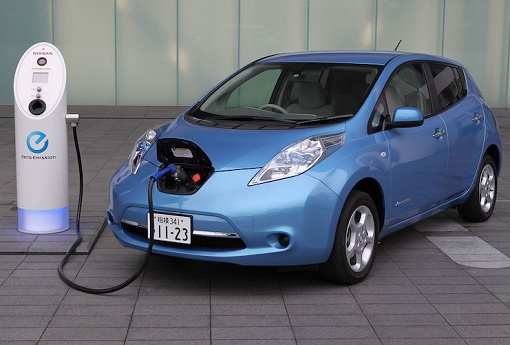
Nearly 265,000 pure-electric vehicles were sold in China last year, versus 110,000 in all of Europe. Geely is the only Chinese-owned carmaker producing vehicles for the US. In comparison, Tesla, the US electric car start-up, sold only 76,000 cars last year. Tesla plans to produce 1-million cars annually by 2020, but whether it was another empty rhetoric will depend on its new Model 3.
Coincidently, Audi and Mercedes-Benz will also start selling electric cars in a meaningful way. Audi will introduce two premium electric cars, while Mercedes will launch its first electric sport-utility vehicle as part of its new EQ brand. At the Frankfurt motor show in September, BMW is expected to announce an electrified 3-Series car, its best-selling line of cars.
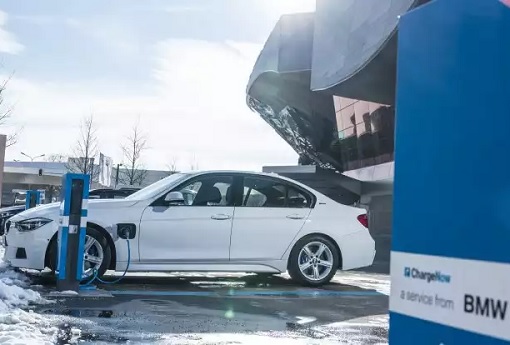
It appears that by 2020, consumers would be spoilt with a wide range of electric cars on offer; with ranges of about 500-km. Volvo said that it will launch five fully electric cars between 2019 and 2021. Three of them will be Volvo models and two will be electrified cars from Polestar, Volvo Cars’ performance car arm which is being revived.
It is unclear if Geely has any plan to electrified Lotus, the British sports car maker being acquired by the Chinese automaker from Malaysian ailing carmaker Proton. But Volvo has more exciting plans than just producing cars with fabulous mileage. In May, Volvo announced that it plans to be one of the first automakers to build Android into its next generation cars.
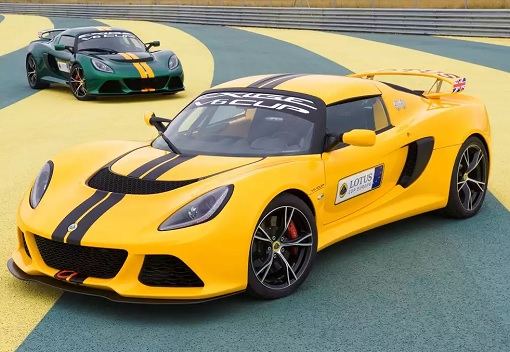
If Android operating system running dashboard and infotainment system doesn’t excite you, here’s another goodies. Last week Volvo announced a partnership with Nvidia, with a sexy plan to power its cars with Nvidia’s Drive PX “supercomputer” – a custom hardware array designed specially for self-driving cars – by 2021.
Other Articles That May Interest You …
- BOOM!! – Oil At Lowest Of 2017, Get Ready For $35 – $38
- Good Riddance – Najib Sold Mahathir’s Junk Proton & British Jewel Lotus
- Forget Driverless-Car, Singapore & Dubai Are Racing For “Flying-Taxi”
- Here’s Why Oil Above $100 Will Never Happen Again, Ever, Forever!!
- Malaysians Refused To Give Way To VIP – A Sign Of People’s Uprising?
- Caught Speeding & Diplomatic Immunity Lie – Qatar Prince Flees U.S.
- Apple iOS-Liked Technology Coming To Your Car’s Windshield?
- Here’s How A $17 Gadget Breaks Your Car’s Keyless System

|
|
July 5th, 2017 by financetwitter
|


|

|

|

|

|

|




























Comments
Add your comment now.
Leave a Reply